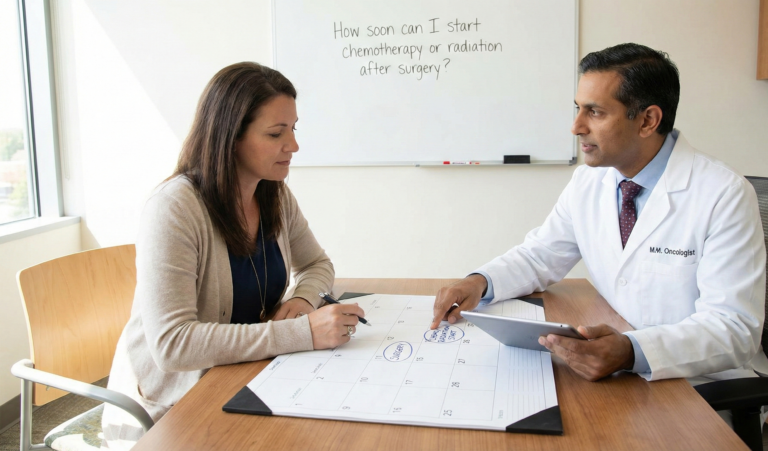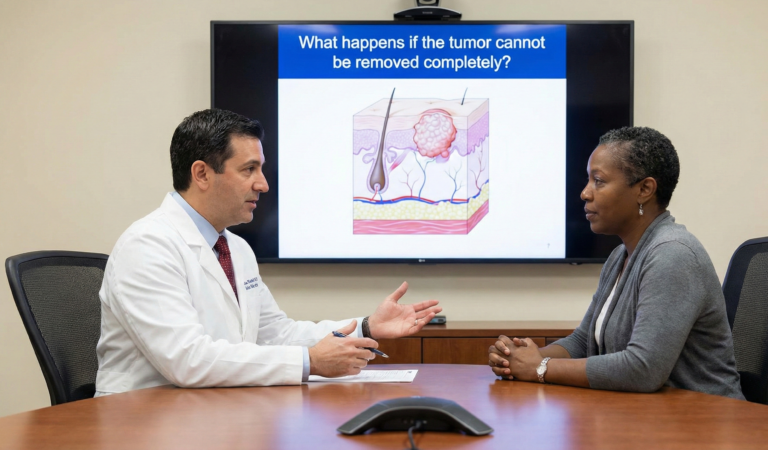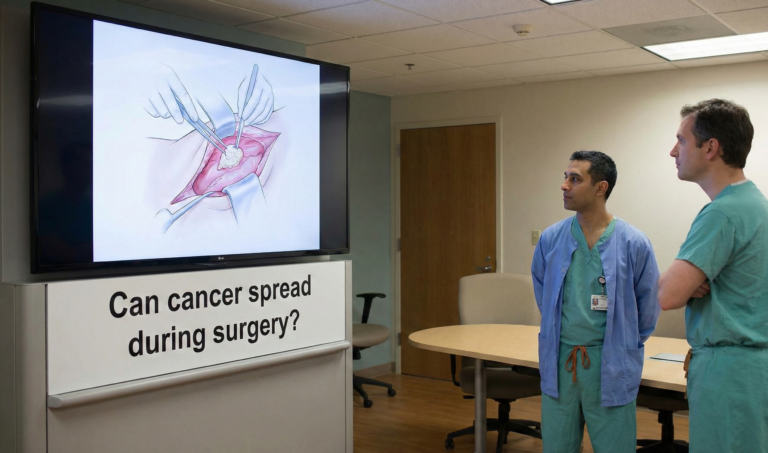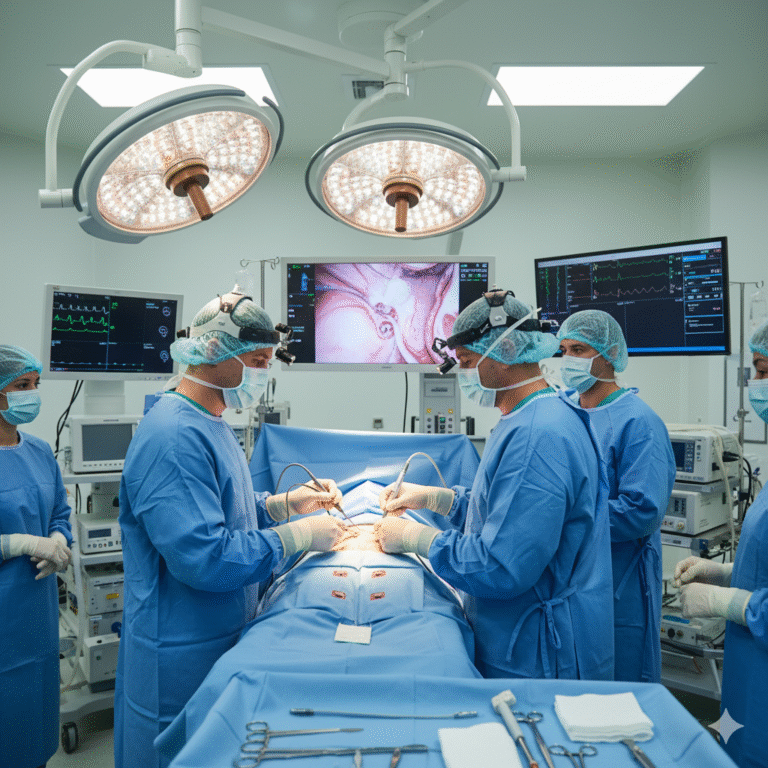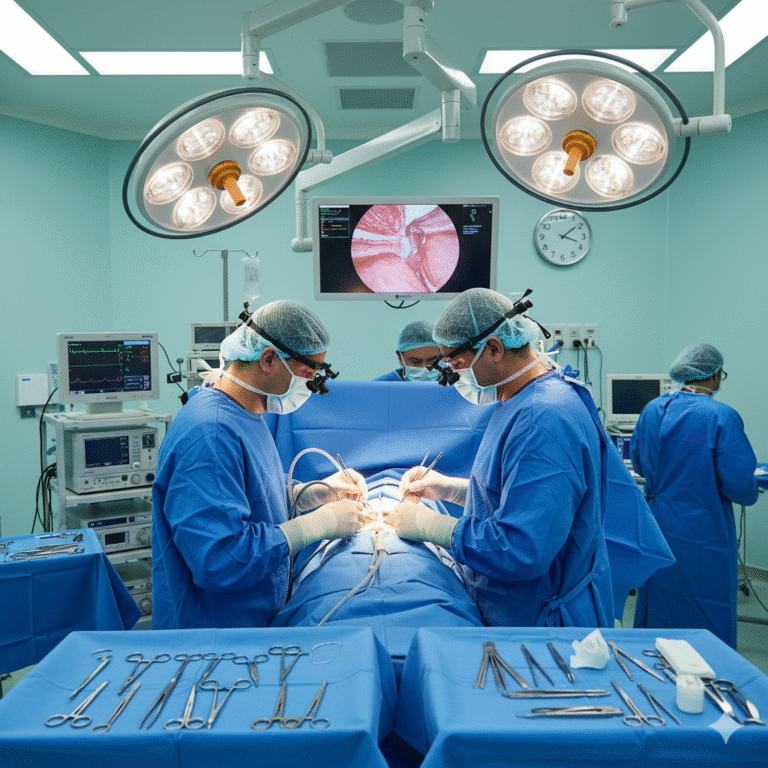Robotic Surgery vs. Traditional Surgery: Is One Safer?
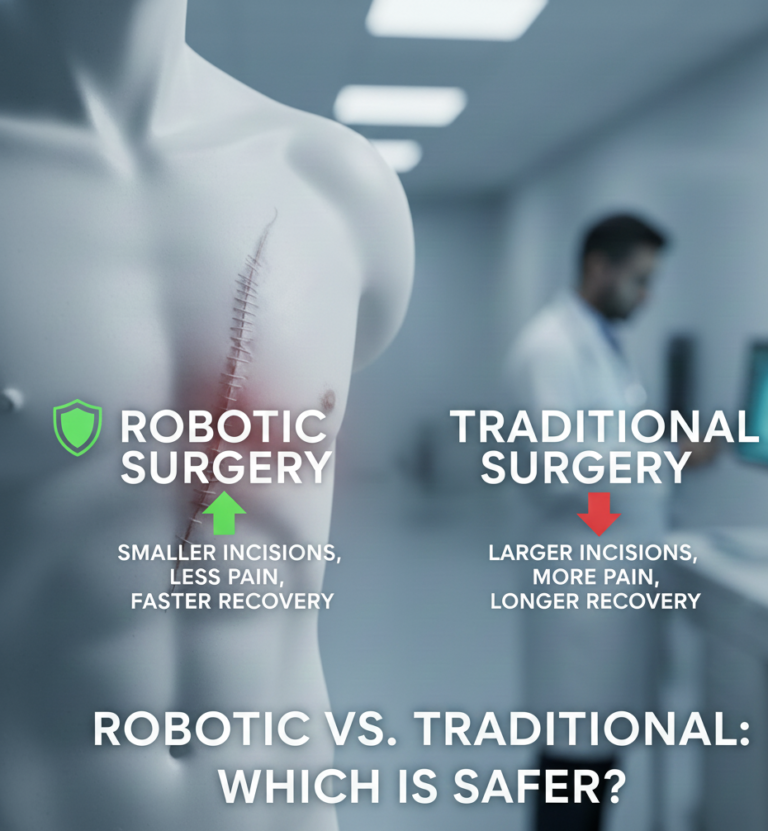
The word “robotic” conjures images of futuristic, infallible machines. In cancer care, the rise of robotic-assisted surgery has been revolutionary—but it also brings a pressing question: Is it actually safer than traditional surgery? The answer isn’t a simple yes or no. It’s a…


